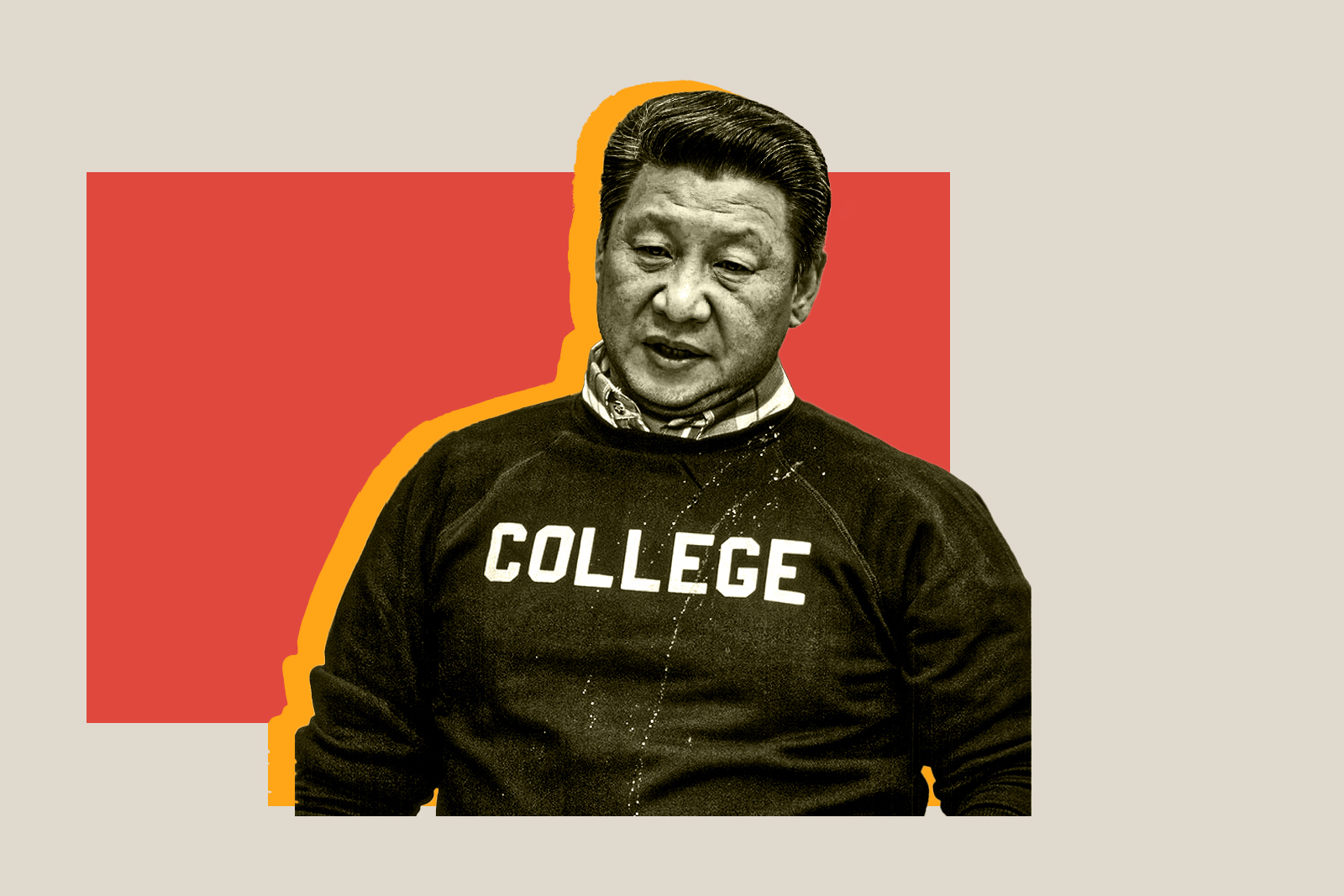
America Can’t Ignore China’s Growing Role in African Education
The Chinese Communist Party (CCP) is known for using propaganda campaigns and debt-trap diplomacy to achieve its foreign policy goals, but in Africa, it has found a new way to export its authoritarian ideology: university-level education.
Ten years ago, China was one of the least popular study-abroad destinations for African students. Today, it is the second most favored after France. Unless America steps up to combat this trend, China will continue to gain influence on the global stage — a worrying development for all those who support democracy, individual liberty, and human rights.
At first blush, increased numbers of African students in China might seem harmless — why should Americans be bothered where other countries send their students? But when you consider that China and America are adversaries who both see Africa as a critically important geostrategic region, the problem becomes clear: China’s gain is America’s loss. If the U.S. fails to combat the CCP’s influence in Africa, Western democratic principles will eventually lose credibility in the region, and all hope for a world rid of authoritarianism will vanish.
This December, high-ranking diplomats from the United States and Africa will meet in the first U.S.-Africa summit since 2014 to discuss their complicated international relationship. While significant attention will be given to topics like international trade and the threat of jihadist groups in the region, American officials should also make it known that the United States wants to partner with African governments to educate the next generation of youth from both regions.
By bringing this issue to the table, America can step up its educational game and become a more desirable destination for Africa’s best and brightest. In the upcoming summit, the United States needs to show African leaders that the American culture of free markets and individual liberty has more to offer African students than the CCP’s oppressive ideology. African students will experience better outcomes by partnering with the United States.
While the main goal of deepening educational ties between the U.S. and Africa would be to thwart the CCP’s influence in African education, it is not as if this is a one-sided charity project. The United States also stands to gain significantly from having increasing numbers of African students study in the United States. By creating programs that facilitate the exchange of students between these two regions, America can successfully counter China while also having American students be exposed to the rich history of the African continent. As Africa develops, it will play an increasingly prominent role in global markets and international trade. Having more Americans be aware of the potential opportunities that Africa holds for American businesses could be a boon to the American economy.
One way the U.S. government could facilitate such a program would be to make funds available for American-based universities to launch joint exchange programs with African universities. Doing so would have the positive effect of offsetting some costs for universities that are interested in creating these exchange programs, while simultaneously allowing each university to have the freedom to create specific programs that fit the needs of their own university students. In addition, creating a U.S.-Africa Scholars Program subsidized by American and African governments could be another way to deepen educational ties between these regions.
Make no mistake: China isn’t helping the African people out of benevolence. The CCP wants to build strategic relationships with African partners to further their own foreign policy interests. Getting the brightest young Africans to study in China under the subtle influence of authoritarian ideology is exactly what the CCP wants. No doubt they hope that in the next 20 years there will be dozens of high-level African government officials who got their education studying in CCP-funded universities. As these former students become prominent leaders in businesses and governments, the CCP hopes that they look to China as Africa’s primary developmental partner — a situation that, if realized, would drastically damage U.S.-Africa relations.
The upcoming U.S.-Africa summit is the perfect opportunity to shine a light on the CCP’s influence in the region. Real solutions need to be proposed to push back against authoritarianism. Let’s hope the Biden administration seizes this opportunity.

